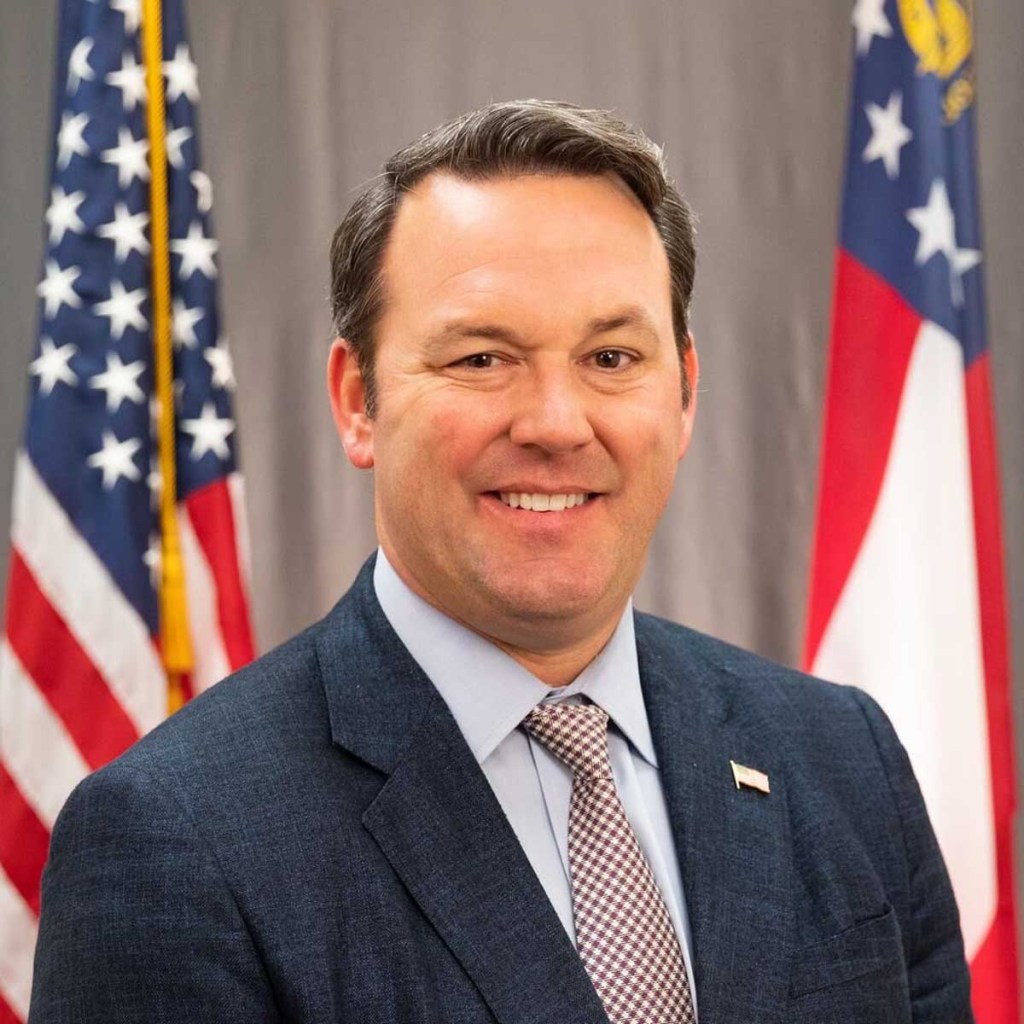Jones addresses tort reform during local visit
Published 9:37 am Friday, August 16, 2024

- Lt. Gov. Burt Jones
MOULTRIE — During a joint meeting of the Moultrie Kiwanis and Rotary clubs Tuesday, Jessica Rivenbark asked the speaker, Lt. Gov. Burt Jones, “So we heard that Governor Kemp might be interested in tort reform. Do you have any weigh-in on those issues and where that might go?”
According to the Georgia Chamber of Commerce’s website, Gov. Brian Kemp announced his continued commitment to commonsense lawsuit reform, a key legislative priority for the Georgia Chamber, at its congressional luncheon in Athens this month. This was the second year in a row that Kemp had spoken about tort reform at the Georgia Chamber’s Congressional Luncheon.
In response to Rivenbark’s question, Jones said,“Tort reform is a big issue. It’s probably the number one issue I’m hearing from business owners and all over the place. … Car dealers and doctors, you know? They’re all talking about the cost of insurance, the cost of doing business and then they’re also talking about the tort system here in the State of Georgia.”
He said tort lawsuits were costing the consumers and they were costing businesses severely. He said the costs ultimately get passed on to the consumer and they get passed on to every consumer whether they are involved in a lawsuit or not.
“In all my years, last year was the first year that I’ve ever seen what we got done on the Senate side with a tort reform measure dealing with truckers … the trucking industry. That was the first tort reform deal I’ve ever seen get passed in nine years,” Jones said.
Georgia Senate Bill 426, which was sponsored by 13 senators including Sen. Sam Watson, R-Moultrie, went into effect July 1 of this year. The bill’s goal is to limit the ability of plaintiffs to sue motor carriers and their insurers simultaneously, which is called “direct action.”
“With the passage of this bill, we are one step closer to providing Georgia’s growing business community the relief it needs,” said Jones in a press release on his website in March, when the bill passed the Georgia House. “If we want to continue to be the #1 state in which to do business, we must foster a business-friendly climate. Now, we can help level the playing field when a case reaches the courtroom.”
At the joint meeting Tuesday, Jones said, “to his trial lawyer friends in the room,” that they have a very good association that has done a very good job of taking care of their interests but it’s gotten to a point where the scales need to be balanced out for tort laws.
Also adopted this year, in April, was Georgia House Bill 1114, the “Data Analysis for Tort Reform Act,” which requires the Georgia Insurance Commissioner to collect data on tort claims and tort-related insurance risks from “certain insurers, insurance rating organizations, and state agencies.”
The purpose is that the legislature will use the analysis of the data and recommendations from it for potential tort reform legislation. Reports generated from the data will be submitted by the insurance commissioner in November 2024 and November 2029.
Georgia was listed number one for the past two years as a “Judicial Hellhole” by the American Tort Reform Foundation, which was formed in 1997 in Washington, DC, to educate the public about how the civil justice system operates. The non-profit organization publishes, on its website, annual reports of “various abuses within the civil justice system, focusing primarily on jurisdictions where courts have been radically out of balance.”





